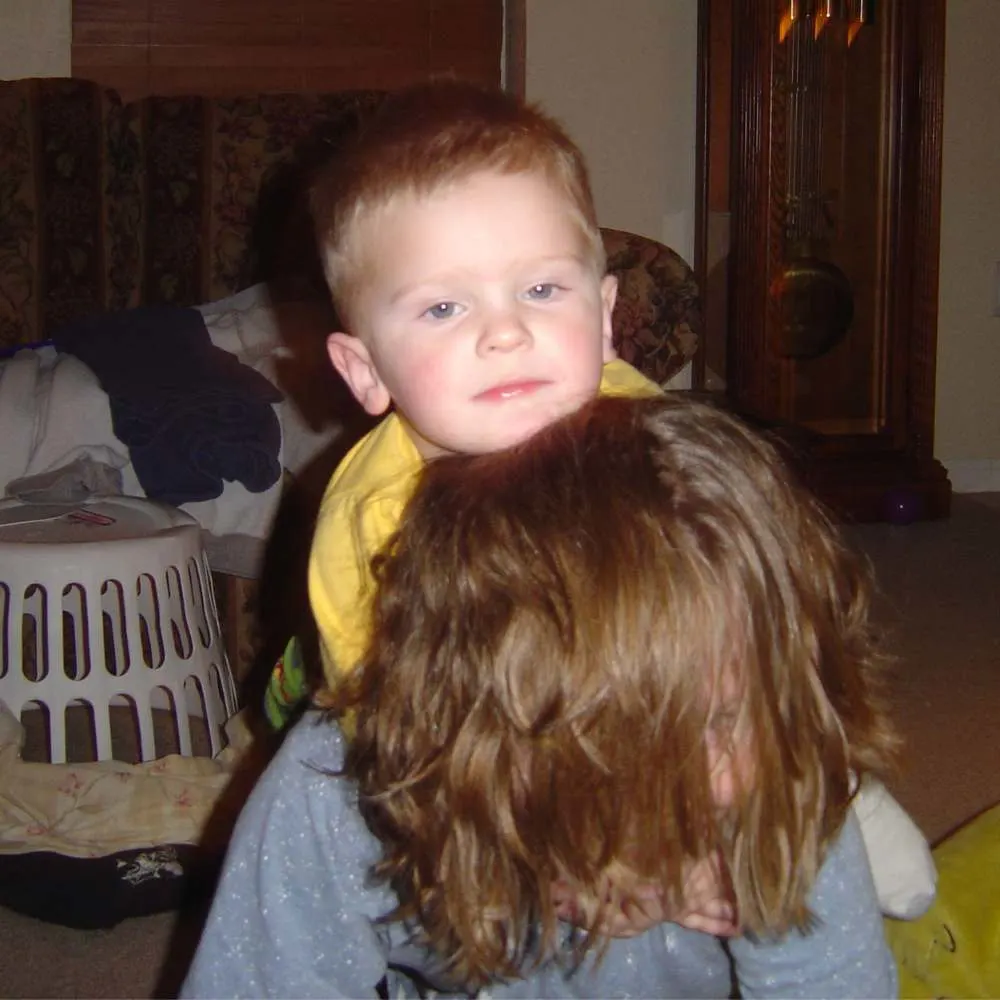- Clay Moon Phase Wall Hanging - July 4, 2023
- What To Do When a Toddler Won’t Keep Their Blanket On - June 10, 2023
- How Do Child Locks Work in Cars? (And When To Use Them!) - June 10, 2023
Every child grows at their own pace, but it seems that certain milestones are reached in pretty consistent age ranges. When your child reaches two years old and is still not walking or talking, you may be wondering if you have cause for worry and whether you should seek medical attention.
You should consult with your pediatrician if your 2-year-old isn’t walking or talking. Children over two years old should be walking and talking to some degree. If your child is not yet showing any signs of development in these areas, have them evaluated by a physician as soon as possible.
The rest of this article will explain the typical milestones for walking and talking development at age two, some of the underlying causes of these developmental delays, how walking and talking delays are related, and what sort of treatments you might expect. Keep reading to learn more about what you can do if your two-year-old isn’t walking or talking yet.

2 Year Old Milestones: Walking and Talking
On or around your baby’s second birthday, you will probably bring them to the pediatrician for their two-year well-child exam. During this exam, the doctor will look for key signs that your child is reaching the expected milestones for their age.
At the two-year checkup (source), your doctor will probably ask if your child can:
- Run and kick a ball.
- Walk upstairs independently.
- Jump up and down.
- Form short sentences (2-3 words).
- Say 50+ words.
If your child is not meeting one or all of these milestones, the doctor will probably want to evaluate them further to understand the cause of the delay.
This is not necessarily a cause for worry, as some babies just develop slower or differently than others. However, it is imperative that you have them evaluated for any potential issues that could be causing these delays.
What Causes Delays in Walking and Talking?
Walking and talking delays in a two-year-old could be caused by neurological disorders, physical impairments, heredity, or prematurity.
Let’s take a closer look at some of these potential causes for delays in walking and talking.
Neurological Disorder
A child that has been diagnosed with a neurological disorder like cerebral palsy could find that it affects their ability to develop the skills they need to walk independently.
Childhood Apraxia of Speech, or CAS, is a neurological disorder affecting the brain’s ability to control the muscles needed for speaking. Other neurological disorders, such as autism, can also affect speech.
Physical Impairment
There are all kinds of physical impairments that can cause developmental delays. When it comes to walking, some of the most common ones you might see are low muscle tone, high muscle tone, or muscular dystrophy.
Children that are not speaking at age two could be struggling because of a cleft palate, a short frenulum (also called a “tongue tie”), or frequent sinus and ear infections.
Delayed Motor Skills
In some cases, your child might just be a little bit behind the other kids their age–and that’s ok! As long as you have a plan with your doctor and continue to monitor your little one for other potential issues, they will walk and talk when they are ready.
Giving them lots of encouragement and opportunities to develop their skills will help move them forward.
Hereditary Familial Delay
Suppose you, your spouse, or your other children experienced delays in walking or talking. In that case, it is likely that the cause of your child’s delay is hereditary and will resolve in a similar fashion to others in the family.
When consulting with your pediatrician, you should bring up any developmental delays in your family history.
Prematurity
When a child is born premature, it is not uncommon for them to hit milestones later than other children who were born at full term.
Your doctor will be able to provide guidance in this area, depending on your child’s unique needs.
Are Walking and Talking Delays Related?
Walking and talking delays are often related. A child struggling to meet more than one common milestone may be experiencing an underlying issue that is affecting both skills.
Many of the causes of walking and talking delays outlined above are potential culprits for missing both milestones. For example, if your child was born premature, this could be the cause of both their talking and walking delays.
Sometimes, we tend to look at each issue independently rather than consider the body as a whole. It is not unlikely that the same underlying problem is causing multiple developmental delays.
How Are Walking and Talking Delays Treated?
Walking and talking delays are commonly treated with physical therapy and speech therapy. The treatment for these delays will depend heavily on the underlying cause of the issue.
Physical therapy is a treatment that is fully customized to the needs of the child. Your doctor should be able to recommend a great pediatric physical therapist who is experienced in similar cases.
Physical therapy can include massage, stretching, and other exercises that aid in the development of their walking skills.
Speech therapists are well-versed in treating speech delays through play and toddler-appropriate activities. They help the child develop the oral motor skills they need to communicate with others successfully.
If your child is experiencing both walking and talking delays simultaneously, they may have a need for both physical and speech therapy.
Conclusion
Work closely with your doctor to monitor your child and evaluate their needs. You may find that your child needs physical therapy, speech therapy, or both! By watching for early signs of these delays, you can get in touch with your doctor immediately and develop the best plan for supporting your child.
Remember, speech and walking delays do not necessarily mean you have a significant cause for worry. Encourage your child, educate yourself, keep those well-child visits, and communicate any worries to your pediatrician.
If you feel your child isn’t progressing normally, always be an advocate for your child and request a second opinion if you feel it is necessary.
Author Notes:
Teresa is a Registered Nurse in the State of Texas and the mother of two. Opinions and insights on childcare are based on professional knowledge, academic research, and personal experience.
Recommended Reading:
- What To Do When a Toddler Pushes You Away When Crying
- Why Does My Toddler Fall Asleep on the Floor?
- What To Do When a Toddler Keeps Making Themself Dizzy
Make Your Own Beautiful Living Succulent Wreath Centerpiece! Complete video course by Jeannine Romero now available through Skillshare.
